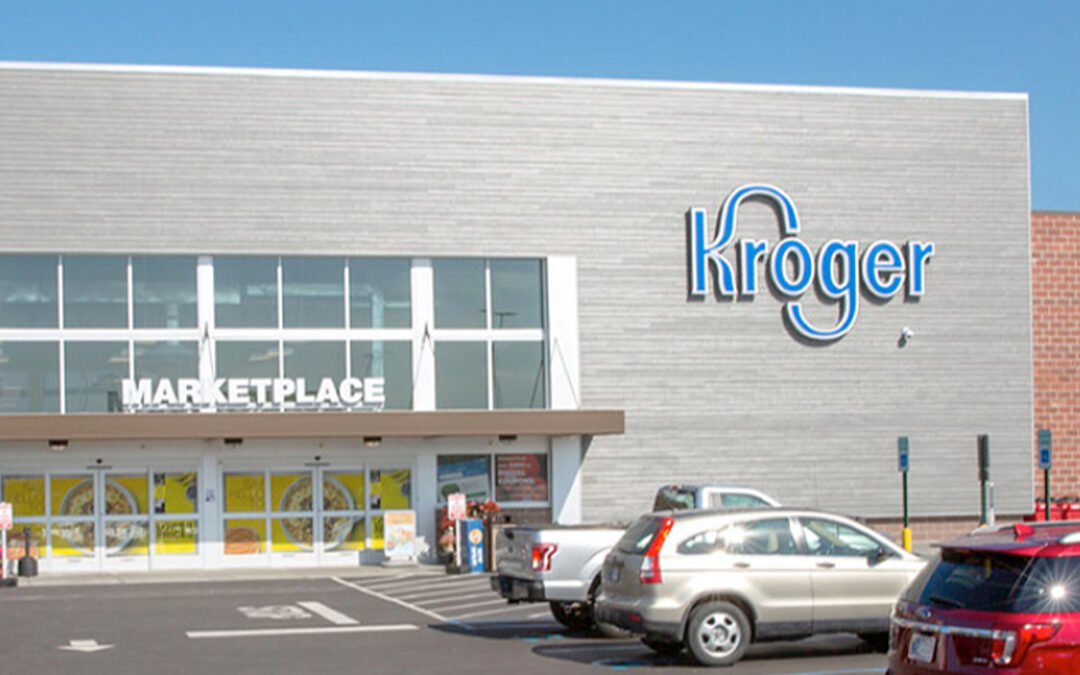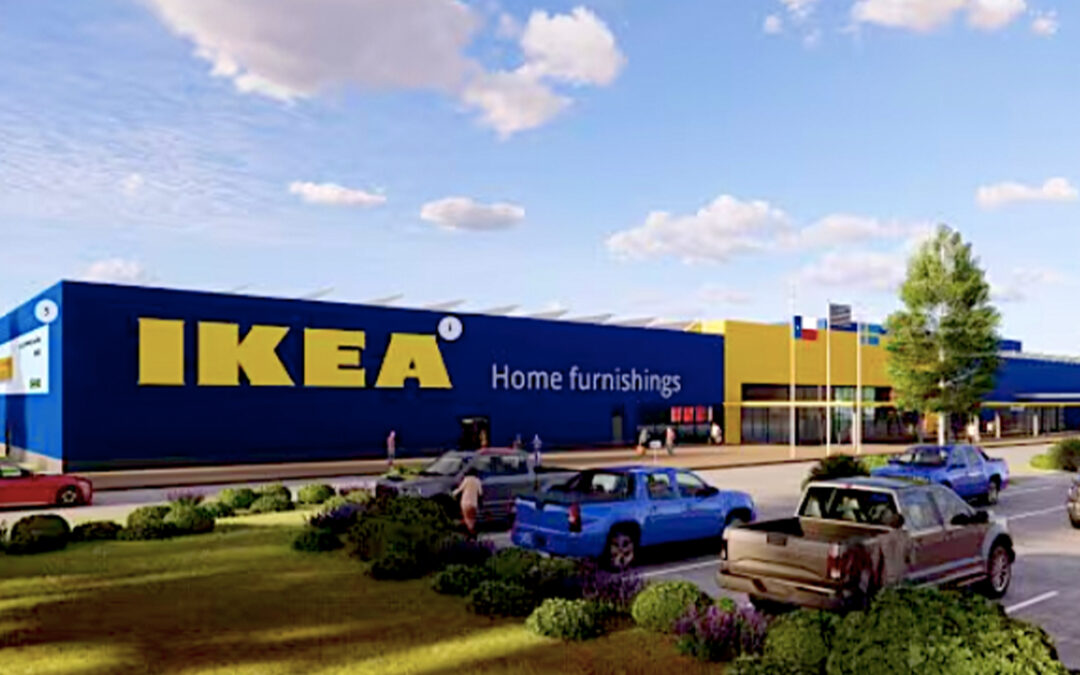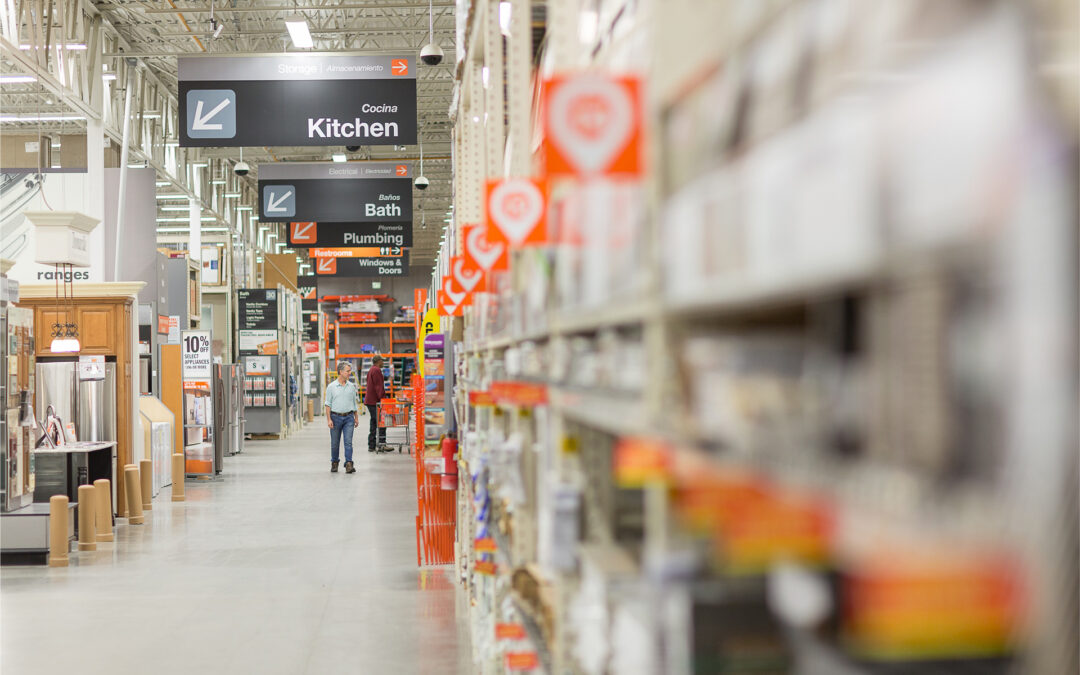The Conference Board Consumer Confidence Index slipped in November after losing ground in October, and now stands at 100.2 just two-tenths of a point above the border between positive and negative territory.
The Present Situation Index, based on consumer assessment of current business and labor market conditions, fell to 137.4 from 138.7 in October while the Expectations Index, based on consumer short-term outlook for income, business and labor market conditions, decreased to 75.4 from 77.9.
In assessing the present situation versus October, 18.2% of consumers said business conditions were good, up from 17.7%, but more consumers, at 26.7%, said business conditions were bad, up from 24%. As to the labor market, 45.8% of consumers said jobs were plentiful, up from 44.8% in October, while 13% of consumers said jobs were hard to get, unchanged from the month earlier.
When looking six months into the future, 19.9% of consumers expect business conditions to improve, up 19.6% in October, even as 22.7% expect them to worsen, down from 24.3%.
At the same time, 18.6% of consumers expect more job availability in six months, down from 19.5% in October, while 21.4% anticipate fewer jobs, up from 20.8%, the board stated. Then, 17.2% of consumers expect their incomes to increase, down from 19.6% in October, while 16.6% expect their incomes to decrease, up from 15.2%.
Lynn Franco, the board’s senior director of economic indicators, said fuel prices likely factored into the decline in consumer confidence, as they remain too high for the comfort of many consumers.
He added, “The Present Situation Index moderated further and continues to suggest the economy has lost momentum as the year winds down. Consumers’ expectations regarding the short-term outlook remained gloomy. Indeed, the Expectations Index is below a reading of 80, which suggests the likelihood of a recession remains elevated. Inflation expectations increased to their highest level since July, with both gas and food prices as the main culprits. Intentions to purchase homes, automobiles and big-ticket appliances all cooled. The combination of inflation and interest rate hikes will continue to pose challenges to confidence and economic growth into early 2023.”





